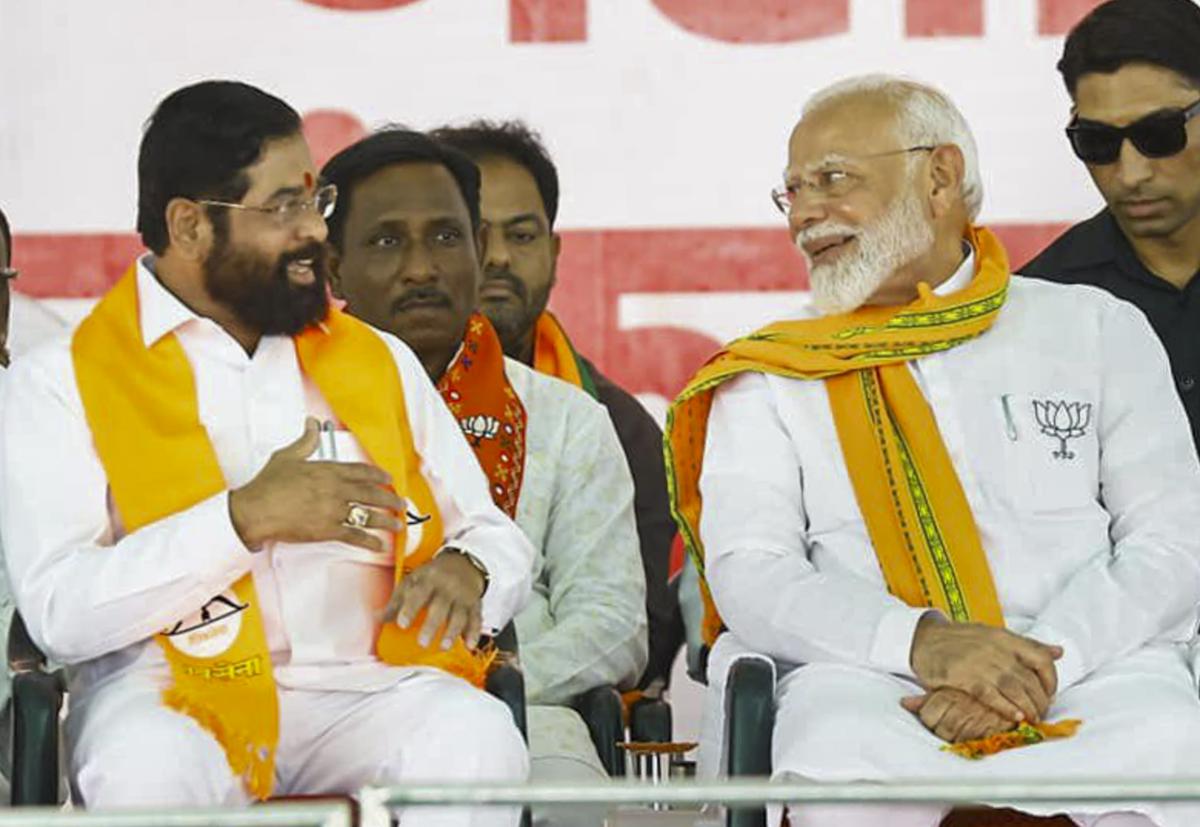Prime Minister Narendra Modi launched a scathing attack on the Congress party during an election rally in Telangana, accusing it of harboring anti-Hindu sentiments and seeking to marginalize Hindus in India. Modi alleged that the Congress’s disdain for Hinduism is evident in its attitude towards Hindu festivals and its stance on the construction of the Ram temple in Ayodhya. He taunted Congress leader Rahul Gandhi as “Shehzada” and questioned the party’s commitment to Hindu causes.
Asserting his own credentials as a proponent of Hindu interests, Modi recalled how he was labeled as anti-national by the Congress when he visited temples. He accused the Congress of attempting to create a second-class status for Hindus in India, drawing parallels with historical figures like Aurangzeb. Modi also criticized the Congress for allegedly favoring certain communities for political gain and attempting to introduce religious-based reservations, which he deemed unconstitutional.
Amidst his criticism of the Congress, Modi reiterated his government’s commitment to addressing the needs of the poor and marginalized, promising three crore new homes for the underprivileged, free healthcare for senior citizens, and the fulfillment of all promises made to the people. He highlighted the issue of labor migration in drought-prone districts like Mahbubnagar, blaming the state government for its failure to address agricultural challenges and accusing the Congress of betraying farmers with false promises.
In another rally in Hyderabad, Modi appealed to the electorate to support the BJP, promising solutions to longstanding problems and accusing the Congress of corruption, appeasement, and dynasty politics. He urged voters to reject the Congress and its allies in favor of the BJP, emphasizing the party’s commitment to development and good governance.
Modi’s speeches reflect the escalating rhetoric of election campaigning, with the Prime Minister employing strong language to rally support for the BJP while vilifying the Congress. As the election season unfolds, such polarizing rhetoric is likely to shape the political discourse and influence voter sentiment.






